Portability
Portability in technology is crucial for software, systems, or data that need to function effectively across different computing environments, such as various operating systems, hardware platforms, or geographic locations. This
Portability in technology is crucial for software, systems, or data that need to function effectively across different computing environments, such as various operating systems, hardware platforms, or geographic locations. This
What Is Predictive Analytics? Predictive analytics is a data analysis approach that uses historical data, statistical algorithms, and machine learning models to forecast future outcomes. It identifies patterns in data
Pretrained models refer to machine learning models already trained on a large dataset for a specific task and can be reused or fine-tuned for different, related tasks. These models contain
Prompt engineering is designing and refining input prompts to guide the behavior and output of generative artificial intelligence (AI) systems such as huge language models (LLMs). A prompt is a
What is Prompt Injection? Prompt injection is a security vulnerability that affects artificial intelligence (AI) models, huge language models (LLMs), and conversational AI systems. This attack manipulates a model’s input
Prompt injection is a security vulnerability in AI systems that use large language models (LLMs). It happens when an attacker manipulates the text input (prompt) sent to the AI in
What is Prompt Optimization? Prompt optimization is the process of refining, structuring, and enhancing input prompts to improve the performance of language models. A well-optimized prompt increases generated responses’ accuracy,
Prompt tuning is a technique in machine learning where a small set of trainable inputs—called prompt tokens– are learned and added to the input of a large language model (LLM).
Pull request automation significantly enhances the efficiency and reliability of code integration in software development. As a foundational aspect of modern development workflows, especially in team environments, pull requests (PRs)
Quality of Service (QoS) is a critical technology in network management, focusing on allocating and prioritizing network resources to ensure efficient data flow across a network. This technology is essential
Effective monitoring is the backbone that supports smooth and efficient operations. Queue depth monitoring is particularly crucial for organizations that rely heavily on server performance and data storage systems. Queue
Rate limiting is a technique used to control the amount of traffic a server can handle by limiting the number of requests a user, IP address, or service can make
What is a Recommendation System? A recommendation system is an artificial intelligence (AI) application designed to suggest relevant items, content, or services to users based on data analysis. These systems
Reinforcement learning with human feedback (RLHF) is a method in artificial intelligence (AI) where machines learn from both trial-and-error and guidance from humans. By combining automated learning with direct human
Repository management refers to the systematic handling and organization of repositories that store and provide access to a wide range of digital assets, such as source code, software packages, and
What is Responsible AI? Responsible AI refers to designing, developing, and deploying artificial intelligence systems in a manner that is ethical, fair, and aligned with societal values. It ensures AI
What is Retrieval-Augmented Generation? Retrieval-Augmented Generation (RAG) is an advanced technique in artificial intelligence that combines information retrieval with text generation. It enhances the capabilities of generative AI models by
Retrieval-Augmented Generation (RAG) is a framework designed to enhance the performance of generative models by integrating an external retrieval mechanism. It is primarily used in tasks where the model needs
Retrieval-Augmented Generation (RAG) is a framework designed to enhance the performance of generative models by integrating an external retrieval mechanism. It is primarily used in tasks where the model needs
Runbook automation (RBA) refers to using technology to execute predefined procedures or “runbooks” that IT staff traditionally carried out manually. This technology is designed to automate routine, repetitive, and otherwise
